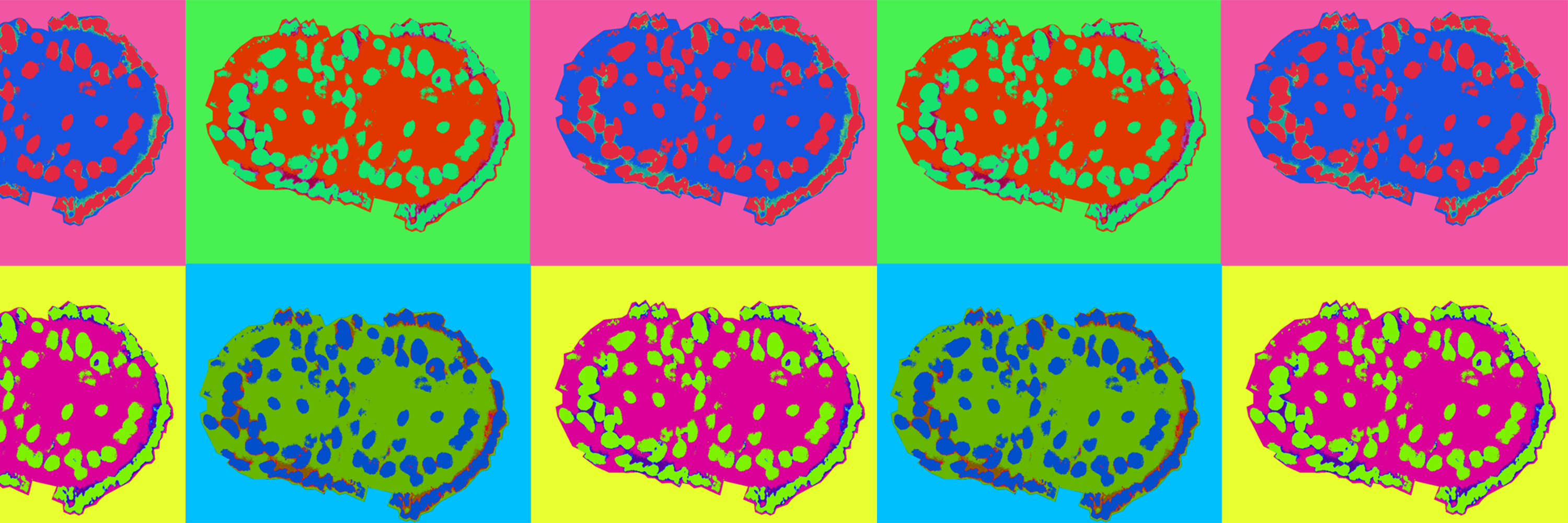
Events
Speaker: Dr Arjuna Ratnayaka, University of Southampton
Title: Retinal degeneration and strategies for its rescue and regeneration: Insights from mouse models
Date and time: Monday 25 February 2025, 13:00 – 14:00
Venue: Microsoft Teams
Abstract: Diseases of the retina resulting in blindness affects ~1 million people in the UK. Of these, age-related macular degeneration (AMD) is the commonest cause of irreversible sight-loss amongst adults in the UK and in other technologically developed societies. AMD results in the loss of central vision which is critical for everyday activities such as reading, driving and recognising faces. In 2020, the number of AMD patients in the UK were estimated to be ~700,000. Globally, AMD is estimated to affect ~140 million people with a further 10 million individuals with the more advanced sight-threatening stages of the condition. The neovascular form (wet AMD) is managed in most patients through regular intravitreal injections. However, the remaining ½ of late-stage AMD patients with the geographic atrophy (dry AMD) form of the condition, have no effective treatment. In this presentation, I will discuss how mouse models with AMD-like features that were described by my group has provided new insights into AMD, and how they can be used to devise new treatments.
Bio: Dr Ratnayaka is a cell biologist who studies ocular pathology with a specific interest in the retina. His also investigates links with the ageing brain. Studies in his group utilises in-vitro cell and animal models as well as donor human samples, and employs techniques such as gene-editing, lentiviruses, stem cells, ultrastructural and 3D-imaging. Dr Ratnayaka’s work involves collaborations with other scientists, clinicians and with industry. His portfolio includes supervision, teaching and mentoring across two Faculties, as well as acting as a UK and international PhD examiner. Dr Ratnayaka is involved in raising awareness of blinding diseases as well as conditions such as Alzheimer’s and dementia through public lectures, workshops and public/patient outreach activities on behalf of funding bodies. He also acts as a scientific, technical and academic expert in the advisory panels of organisations, and as consultant to Pharma/SMEs. Dr Ratnayaka is a peer-reviewer for grant-awarding bodies (UKRI, the Wellcome Trust and other UK/international research organisation) as well as for specialist journals in his area of expertise.


